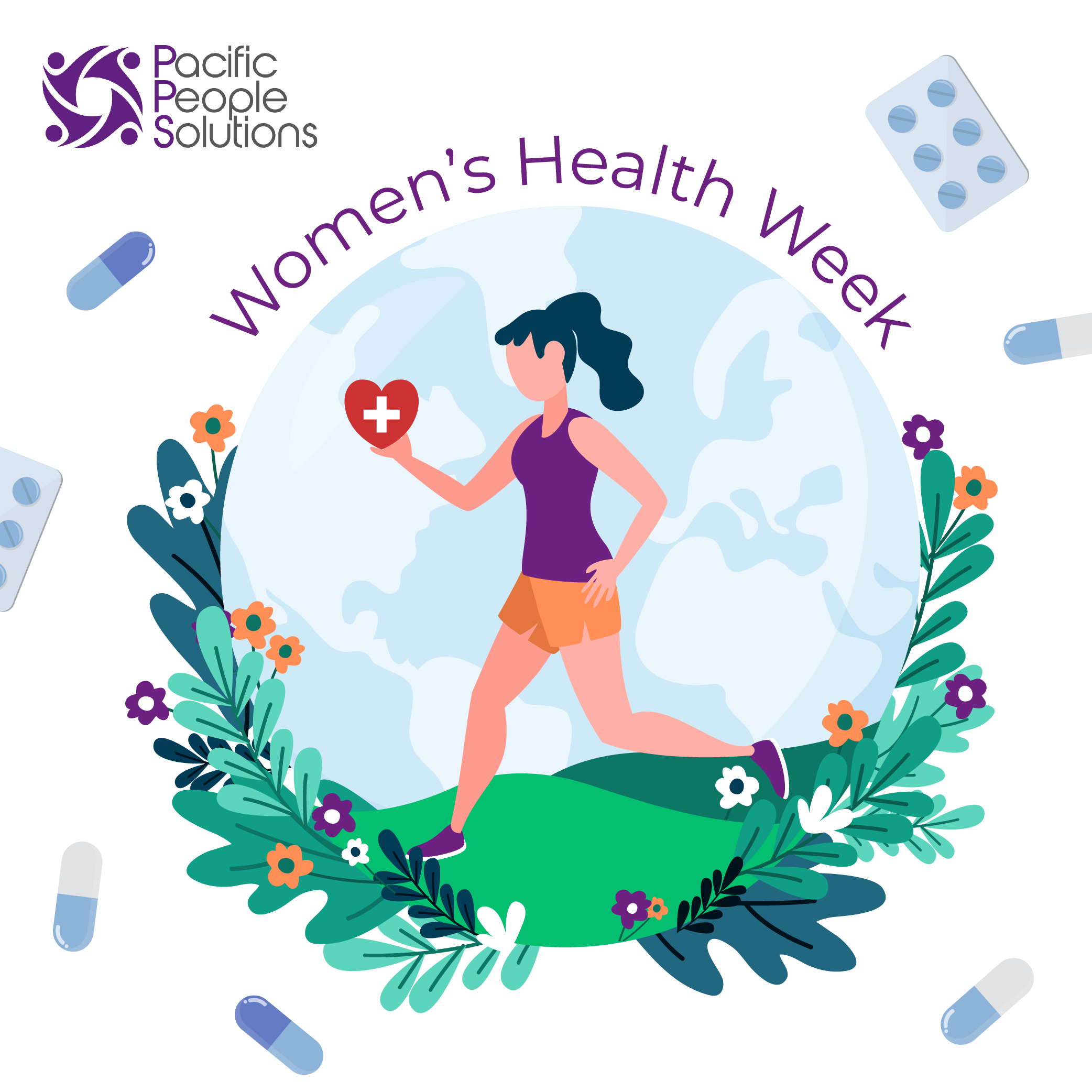
Women’s Health Week, Australia’s largest campaign dedicated to the health and wellbeing of women, girls, and gender-diverse individuals. This year’s theme, ‘Your Voice. Your Choice’, focused on highlighting some of the most significant issues in women’s health.
Two-thirds of women in Australia still experience bias and discrimination when seeking healthcare, according to the released End Gender Bias survey (March 2024). The Hon Ged Kearney MP from Ministers Department of Health and Aged Care, says 2 out of 3 women experience discrimination in healthcare, the gender bias were in relation to diagnosis and treatment. Common themes included feeling dismissed and disbelieved; being labelled as ‘hysterical’ and a ‘drama queen’.
“Medical gaslighting” is a term described by patients who have felt that their symptoms were inappropriately dismissed by doctors. Women often share experiences of medical gaslighting on social media, and research increasingly supports their claims. In Dr Karen Lutfey Spencers’ research (University of Colorado); women are twice as likely as men to be diagnosed with a mental illness even when their symptoms align with heart disease.
Several studies indicate that men and women receive different treatment from health professionals regarding pain management. For example, one study found that men received more time and attention than women, even when both had identical symptoms (Women and pain: Disparities in experience and treatment, 2017)
When women’s pain is ignored or dismissed, they are being denied the treatment necessary for a healthy life, a happy life.
Let’s use this week to raise awareness, share resources, and encourage one another to priorities our health. Together, we can create lasting change in our communities.
Recommendations:
- If you have concerns about your health, trust your instincts and seek an opinion. No matter your age, ethnicity, or gender, you deserve support from both medical and mental health professionals. If your GP isn’t listening to you, it’s important to find one who will.
- Schedule your health check-ups. Depending on your age, there are specific women’s health screenings you should have regularly to help prevent disease or illness such as breast checks, bowel cancer screening, skin cancer checks.
- Get more active! Whether it’s going to the gym, enjoying outdoor activities, or following home exercise routines from apps, the options abound.
- Nourish your body with nutritious food including fruit, vegetables, legumes/beans, whole grains, lean meat, poultry, fish, eggs, nuts and seeds.
